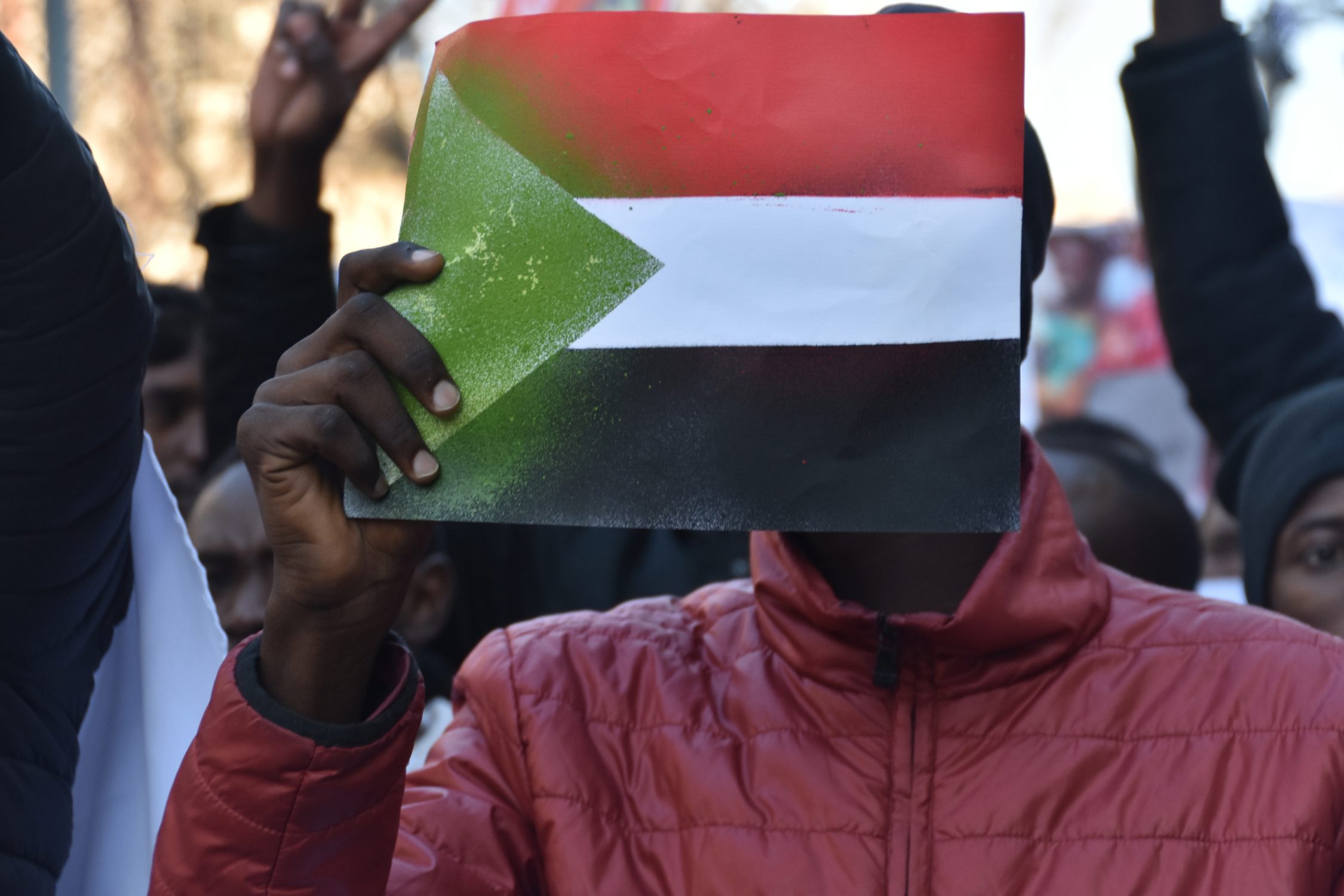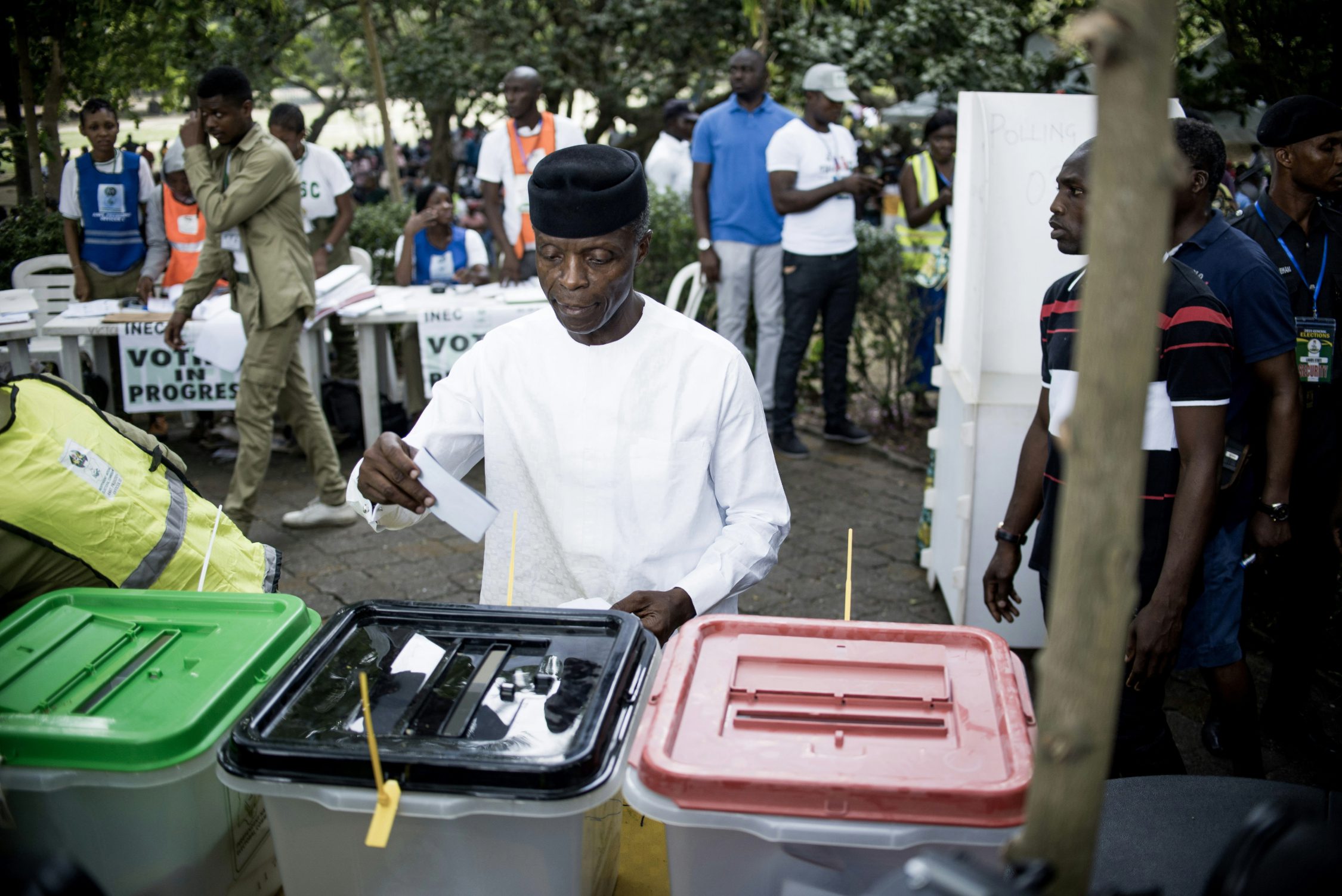Originally published by Foreign Policy on June 27, 2016.
Everything from the economy to peacekeeping missions will suffer.
The British diplomatic corps is in a state of shock. Overnight, Great Britain has been reduced to Little England and the country’s global stature has shrunk by a fraction far greater than the economic losses registered on the London Stock Exchange — or even the plummeting value of the pound sterling. Perhaps more than anyone else, Britain’s ambassadors, military and commercial attachés, and heads of aid missions in Africa are painfully aware that the Union Jack so gleefully waved by the champions of the “Leave” campaign will soon become a historical relic.
The damage to British interests is significant, but the losses for Africa could be greater still. In campaigning to leave the European Union, Minister for Africa James Duddridge argued that Britain would be able to forge stronger ties with the continent if it were unencumbered by EU inefficiencies in aid and trade. Perhaps if Duddridge had a blank slate on which to construct a new Africa policy, he could do better than Britain’s existing one, which is part bilateral and part multilateral through the EU. But no policy is ever built on a blank slate, and surveying the post-Brexit political wreckage, he is now faced with a salvage job that will involve decoupling Britain from numerous EU-led peace and development initiatives and renegotiating dozens of trade deals. Even deftly managed by Duddridge or his successor, the Brexit will leave Britain with a fraction of the influence it currently wields in Africa.
Britain’s share of payments to the European Development Fund (EDF), the European Union’s main vehicle for providing development aid to Africa, is a little more than 14 percent — third after France and Germany. If those funds were reallocated to the British Department for International Development’s bilateral aid budget, they might have better value per pound sterling in terms of poverty reduction. But that obscures the fact that Britain has gained far greater leverage over European external policy toward Africa than the one-seventh proportion suggests. The rule of thumb for EU policy toward Africa is a three-way divide: one-third Britain, one-third France, and one-third everyone else. For the next two years — or as long as Brexit takes — British taxpayers will continue to pay their country’s dues to the EDF, but few Europeans will listen to what British diplomats and aid officials have to say about how the money is spent.
The loss of British leadership in places like Somalia, where London has been the driving force behind the international strategy for stabilizing the country, will leave a dangerous void. The EU is the single-largest donor to Somalia, averaging 80 million euros per year, half of it in humanitarian funding. The EU has also led on a host of critical security issues, including counterpiracy operations and training national maritime security and law enforcement personnel. But Britain has had an outsized influence on setting EU policy for Somalia, notably ensuring that the EU funds most of the costs of the African Union Mission in Somalia (AMISOM), a 22,000-strong multinational force that protects the Somali Federal Government from the extremist militant group al-Shabab.
Until recently, 90 percent of AMISOM’s costs were paid for through the African Peace Facility (APF), an EU funding mechanism set up to support peace- and capacity-building operations on the continent. But even before Britain forfeited its sway over the APF by voting to quit the European Union, pressure was building to divert funds from Somalia: France was pushing hard to reallocate APF resources to other African Union (AU) peace support operations — to the AU mission in Mali, for instance — and AMISOM’s funding quota was slashed to 80 percent in February. Britain stepped in to make up some of the difference in the short term, but troop-contributing countries such as Uganda still faced severe difficulties as a result of the cutbacks. (Last week, Uganda announcedthat it will pull its troops out of Somalia by 2017, in part because of the EU funding shortfall.) The forthcoming loss of London’s financial contribution to the fund — and, more importantly, the loss of British political leadership on Somalia within the EU — puts a big question mark over the viability of AMISOM and Europe’s Somalia strategy.
Similar question marks hang over a host of other EU-run political and security initiatives in Africa, many of which Britain has helped steward. One that should be of more than passing interest to those who voted for the Brexit — not least because fears about unfettered immigration fueled the “Leave” campaign — is the EU-Horn of Africa Migration Route Initiative, which aims to contain migrants within their home countries, or at least their immediate neighbors, to minimize the number reaching the Mediterranean Sea and Europe. This initiative has been criticized for rewarding countries like Sudan, Eritrea, and Ethiopia, all of which have poor human rights records. But investing in solutions within Africa is far more effective and economical than tightening border controls at Channel ports. Britain’s reduced financial contribution in the coming years — and, once again, the evaporation of its political leadership — will undermine the initiative and could ironically worsen Britain’s immigration woes.
But it’s not just EU initiatives that will suffer as a result of the Brexit. The financial earthquake that hit Britain after the vote has already rippled through African economies — especially South Africa, where many large companies are co-listed on the London Stock Exchange. Britain is one of Africa’s major trading partners, meaning that a British recession could have a lasting impact on the continent. The European Union has preferential trade agreements with every African country except Libya and South Sudan. Britain will have to renegotiate all of them as a result of the Brexit. In some cases, this will allow for more mutually beneficial arrangements, such as eliminating some of the existing distortions — subsidies on European beef and milk, for instance — in agricultural trade imposed by the European Union. But hammering out new trade deals with 52 African countries will take time and will be far down the list of priorities for a desperately overstretched British government in the years ahead. Meanwhile, without Britain’s reliably anti-protectionist voice within EU trade negotiations, there is a danger that European trade policy will become less favorable to African nations.
But perhaps the biggest blow to Africa from the Brexit comes in the least tangible sphere of international political culture. As the weakest continent, Africa has the most to gain from the principles of multilateralism — collective security, international cooperation, and respect for international law. The continent achieves its best outcomes for democracy and human rights, and for peace and security, when its governments collaborate in the African Union and regional economic communities, and when they work in partnership with the United Nations and the European Union. Peer pressure and collective reputation management have been important tools for combating authoritarianism and war. But Africa’s achievements are fragile, and many of the norms and principles espoused in the African Union’s Constitutive Act — and in its array of protocols, declarations, and agreements — are still aspirational. Brexit is a body blow to the international political culture of multilateralism, and one that will reverberate negatively through Africa.


